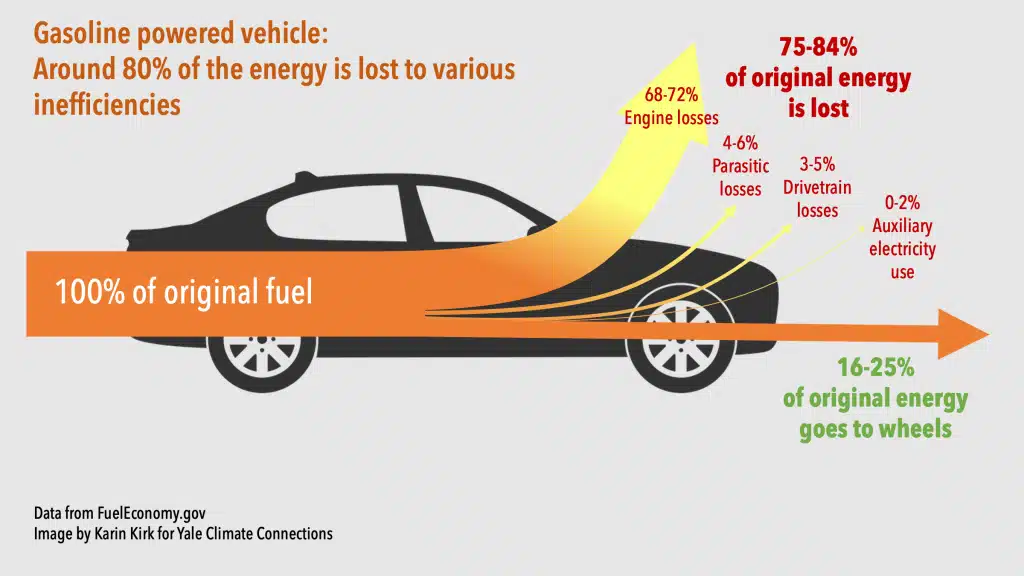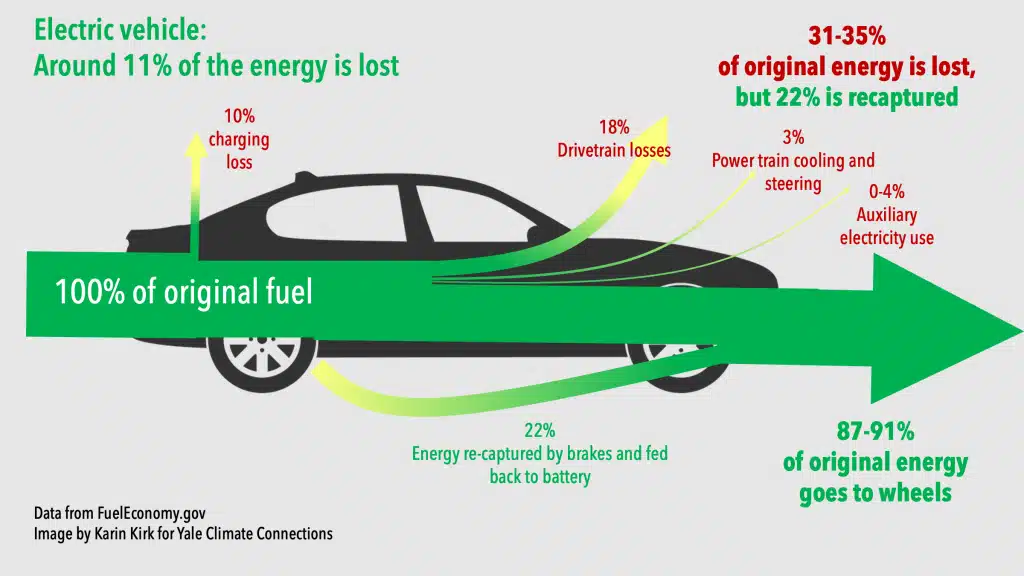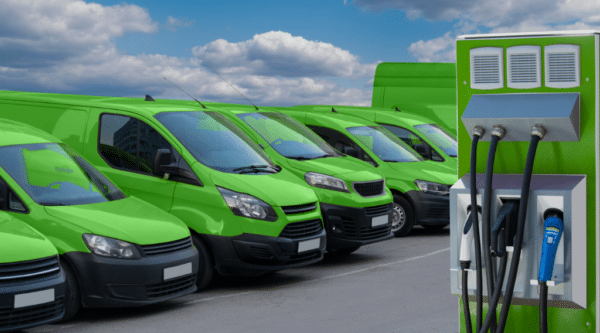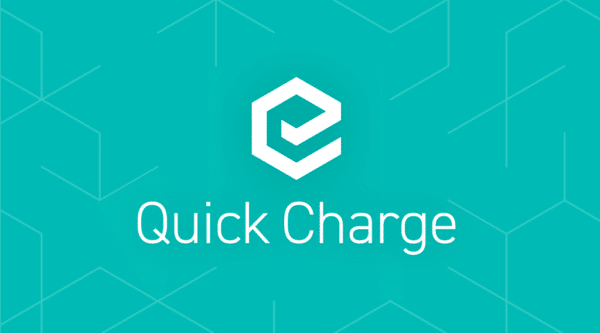The discussion surrounding fleet electrification often focuses on the electric vehicles (EVs) themselves or the necessary charging infrastructure. Yet, the integration of fleet intelligence data is essential for crafting a robust fleet electrification strategy.
Fleet managers leverage advanced data analytics, telematics, and artificial intelligence to optimize the operations of their conventional fuel-powered fleets. The shift to EVs introduces new data points and demands novel strategies for optimizing energy usage––encompassing both grid energy for vehicle charging and operational energy consumption. Effective strategies for route planning, charging, vehicle use, and maintenance must be based on comprehensive analysis of fleet intelligence data.
This blog explores 5 ways that fleet intelligence can improve the energy utilization of your EV fleet.
1. Energy Cost Optimization
Fleet intelligence can guide charging strategies to minimize energy costs while ensuring vehicle availability. Analyzing grid energy prices and renewable energy availability helps cut costs. Monitoring energy consumption and EV charging analytics identifies inefficiencies for swift resolution, reducing energy waste. Partnering with a Charging-as-a-Service (CaaS) provider like Electrada can also reduce expenses, given the company’s CaaS offering is predicated on predictable charging costs.
2. Route Planning Optimization
Telematics data from GPS and onboard diagnostics enable precise vehicle range predictions under real-world conditions. Analyzing location, speed, idle time, fuel consumption, engine diagnostics, and other energy consumption metrics allows for the optimization of the most energy-efficient routes. Factors to consider include customer demand, vehicle type, time of day, route length, traffic patterns, and environmental conditions.
3. EV Charging Optimization
Intelligent use of fleet data helps optimize the allocation of charging resources, enhancing fleet availability and reducing operational costs. Setting charging schedules that balance both company and customer needs while managing grid loads helps stabilize charging costs. A CaaS provider can further optimize these resources.
4. Driver Behavior Optimization
While EVs are inherently more efficient than gasoline-powered vehicles, their operational efficiency still heavily depends on driver behavior. This includes acceleration rates, braking, speed, route adherence, and other habits. Fleet intelligence can train and upskill drivers to maximize the efficient operation of EVs.


5. Vehicle and Charger Health Optimization
Predictive maintenance, informed by usage and health data, ensures that vehicles and chargers operate at peak efficiency. Data from EV battery management systems or engine diagnostics provides a detailed analysis of vehicle performance across scenarios and over time. Charger data reveals how efficiently a vehicle charges and discharges energy and the health of the charger itself.
Partnering with a CaaS provider like Electrada enhances the use of fleet intelligence data, incorporating monitoring systems and maintenance agreements that support the charging infrastructure throughout the contract’s duration. Electrada, for instance, offers a 99% uptime guarantee.
Charging-as-a-Service: A Fleet Manager’s Secret Weapon
Charging-as-a-Service (CaaS) providers play a crucial role in optimizing EV fleet energy management. Most CaaS providers offer fleet management software tools that aggregate and analyze data from vehicles and chargers, helping maintain operational efficiency, achieve sustainability goals, streamline operations, and boost profitability.
This software may also include application programming interfaces (APIs) that facilitate communication between the fleet management software and other systems such as maintenance software. This enables fleet managers to make informed decisions on everything from scheduling to monitoring, maintenance, and day-to-day charging strategies.
CaaS providers are skilled in navigating local regulations, collaborating efficiently with utility companies, and designing cost-effective charging strategies. Providers like Electrada offer predictable pricing models that protect fleets from fluctuating energy costs.
Optimize Your Fleet Intelligence with Electrada
Leverage Electrada’s experience and expertise to maximize your fleet intelligence data and create a charging solution tailored to your specific needs. Get in touch to discover more about Electrada’s fully integrated 360 CaaS complete electric fuel solution for EV fleets, which include a 99% uptime guarantee, predictable pricing for the life of the relationship, and service level agreements that provide 24/7/365 all operations and maintenance coverage.



